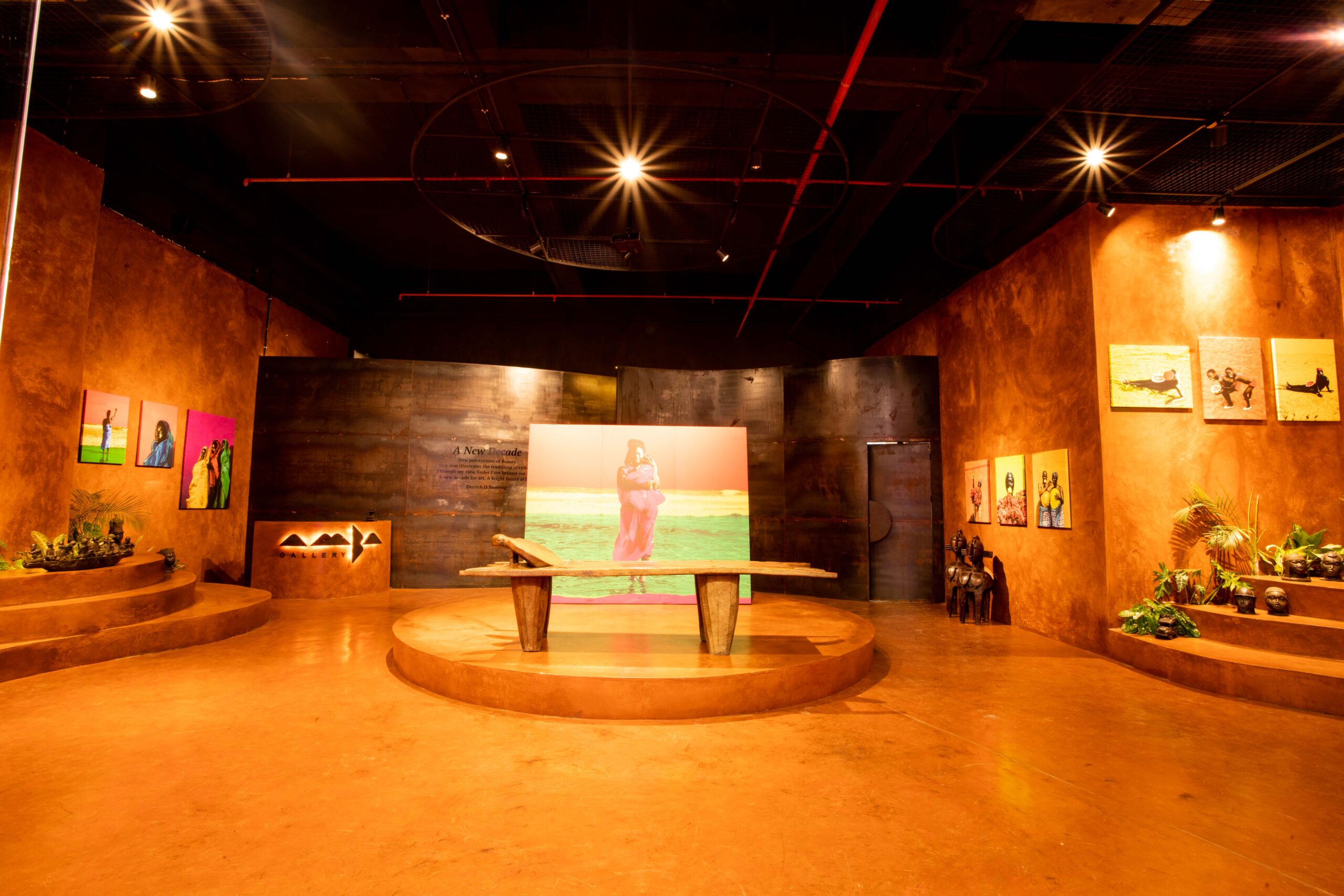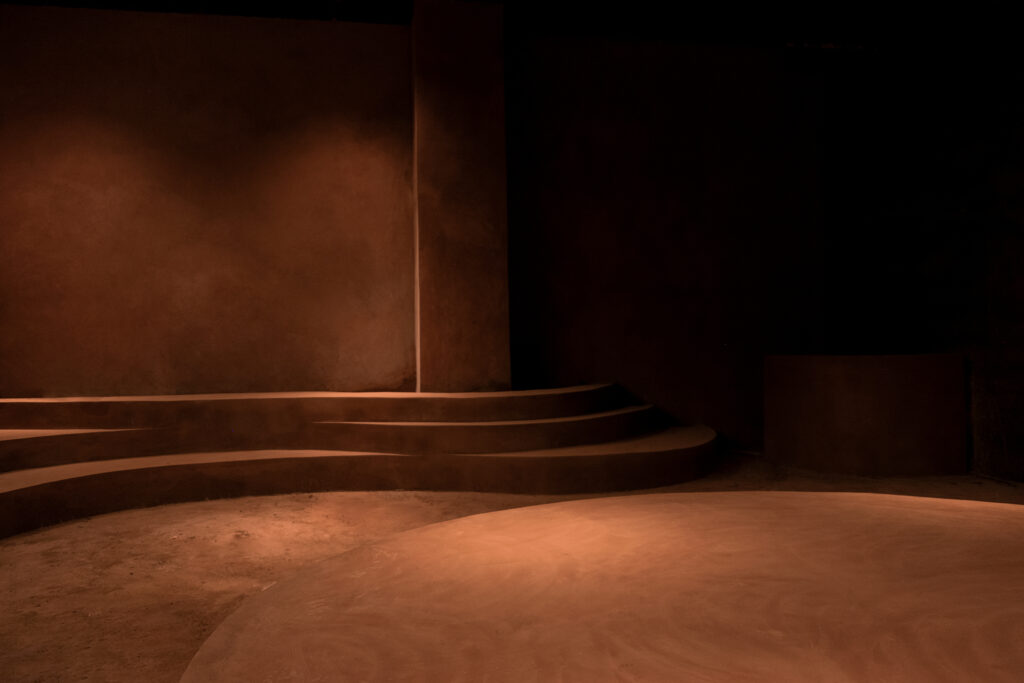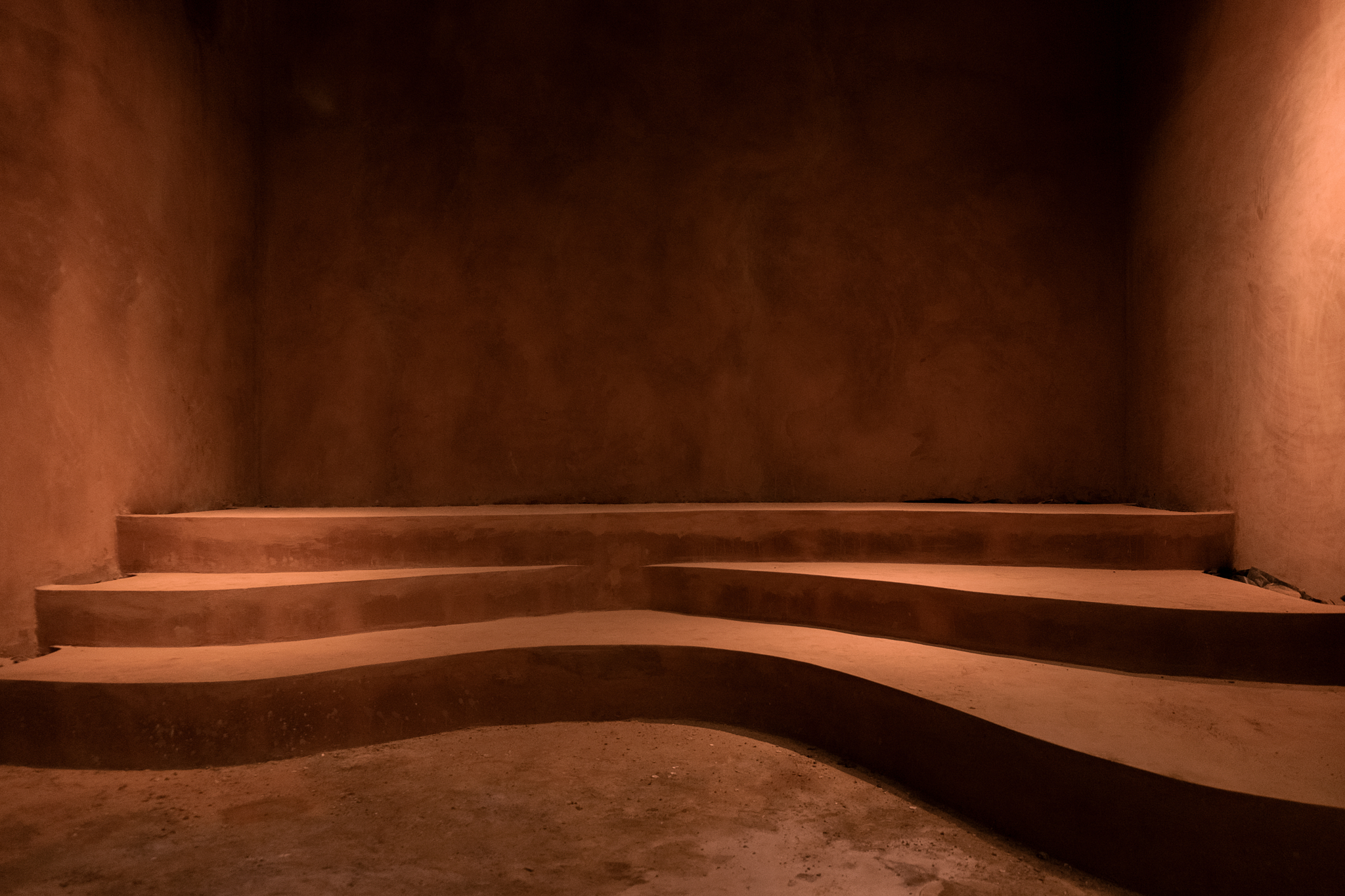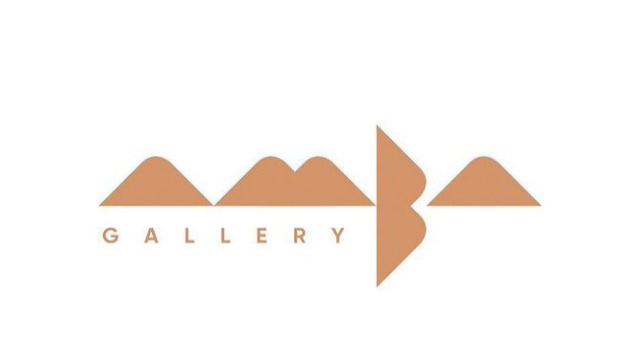Open Daily 10AM-9PM
About Amba Gallery
Amba Gallery
Amba Gallery a contemporary African art gallery. A multi-dimensional creative space designed with the intent to sell, exhibit, promote and educate diverse audiences about the provenance of African art history and design heritage.
Situated in the bustling heart of Accra, this gallery is a glimpse into the extensive private Pan-African art collection of Mr. Amadu Baba. Spanning over four decades, the gallery’s name, “Amba Gallery,” cleverly combines the first two letters of Mr. Amadu Baba’s names, phonetically pronounced as “Am-ba.”
Founded in 1972, Amba Gallery goes beyond typical exhibitions. It serves as a platform for specialized programs and discussion forums, collaborating with various African galleries, artists, curators, academics, and business experts.

About The Collector
Amadu Baba, a Ghanaian entrepreneur and collector of west African art, he is the founder a gallery bearing his name. He began his artistic journey by collecting kente and gradually expanded his collection to encompass various west African art form. Baba advocates for the incorporation of meaningful and historically significant pieces within the Pan African community’s spaces. He is passionate about the preservation of African art – ancient design modalities particularly wooden sculpture, bronze as well as, handwoven antique textiles; Kente, mud cloth and batik.
Baba strongly believes in the heritage embedded in West African Art forms, recognizing the importance of preserving and safeguarding these distinctive ethnic expressions of culture and heritage.
The gallery currently showcases a fraction of his collection, which is available for purchase. He is renowned for possessing high-quality original pieces in Ghana.
His aspiration is that his collection will serve as the cornerstone of a museum, forming his legacy dedicated to the preservation and promotion of these significant Ghanaian and West African art forms.

About The Space
The architectural design of Amba Gallery pays homage to African artifacts, creating a space where intimacy and magic envelop the spirituality of ancient pieces, such as renowned Benin and Ashanti Bronzes. The architectural goal is to establish a hybrid environment, seamlessly blending contemporary design with authentic vernacular African architecture.
The interior ambiance resembles an amphitheatre, characterized by curvy steps surrounding a central circular stage. Complemented by a monolithic steel wall in the background, this architectural arrangement seamlessly integrates contemporary and vernacular traditions. It creates a space designed to facilitate radical cultural production and education. It goes beyond the conventional exhibition of antique art and artifacts, aiming to foster a deeper understanding and appreciation of cultural heritage.
Designed by Italian-Albanian architect Blerta Copa, currently based between Ghana and London, he envisioned the gallery design in collaboration with the gallery´s founder Amadu Baba and curator/creative director Lungi Morrison. The trio intentionally moves away from the standard concept of an art gallery characterized by “white walls and empty spaces.” Their goal is to provide an alternative visual perspective for appreciating African sculptural art pieces, bronzes, and antique textiles, offering a more distinctive and engaging experience than the traditional gallery setting.
Guided by the flow of intuitive circular shapes, visitors are encouraged to move organically through the gallery’s floor. The different levels of raw soil artfully replicate the natural topography of Ghanaian landscapes. The fluid and expansive design converges into a three-dimensional exhibition space, offering a multi-dimensional experience that mirrors the diverse day-to-day interactions across Africa’s vast landmass.
The gallery’s name intentionally references the color “amba,” reflected in the use of terracotta within the walls. While “terracotta” originates from the Italian translation meaning “baked” or “cooked earth,” the deep orange hue holds rich global historic significance. This ethereal pigment is famously found in vernacular architectural structures native to West and Northern Africa, notably the Great Mosque of Djenné in Mali and among the Dogon people.
“Paintings reflect contemporary African people and hue’.
Sculptures acknowledge and preserve ancient ancestral wisdom, form and design modalities
Textile, a tapestry of culture woven through intricate hand-made loom’

Amba Gallery, Accra, Ghana. All Rights Reserved
Privacy Policy / Terms of Use
